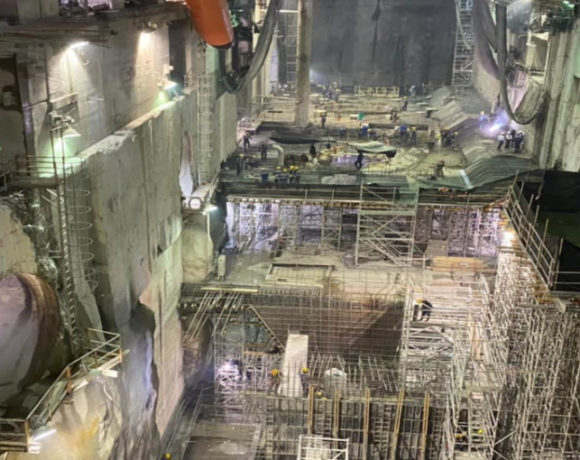Big Investment Opportunities Opening: Colombia Expands Free-Trade Zones

Colombia President Ivan Duque and Commerce Minister José Manuel Restrepo jointly announced March 15 in a nationally televised address that Colombia has just expanded and improved investment opportunities for new and existing free-trade zones.
“Through Decree 278 of March 15, 2021, the competitiveness of this investment promotion instrument in the country will be improved,” according to a Ministry of Commerce, Industry and Tourism (MinCIT) press bulletin accompanying the announcement.
Among the benefits in the new decree: a 15% reduction in up-front-costs for those investing in such zones.
In all Colombia, Antioquia is the nation’s single biggest exporter, hence the new rule would open even more opportunities for foreign and domestic investors.
According to Minister Restrepo, “with this structural advance in the regime, the government contributes to positioning the country at the forefront in the hemisphere for attracting investment, by having a modern instrument that today includes 120 free-trade zones.”
Of those 120, 41 are permanent zones and 79 are “special” zones, of which the term limits have have been extended for five years.
To date, Colombia’s free-trade zone scheme has generated more than 136,000 jobs and attracted COP$48 trillion (US$13.5 billion) in investments in the last 13 years.
The new rules “enable the recognition of intangible assets — in accordance with the current intellectual property regime — as part of investment commitments, up to 20% of the new investment,” according to the Ministry.
“Electronic commerce is also allowed in free zones for users of goods and services, through the modality of postal traffic and urgent shipments.
“For new service projects, the possibility of reducing investment commitments is established if exports are made — effectively channeled through the exchange market each year.
“Additionally, special permanent free zones for services are enabled to become permanent free zones, with the aim of qualifying users who provide services — mainly for export — such as science, technology, innovation, culture and knowledge, among others.
“Another novelty is regional development, since the minimum area requirement of 20 hectares is eliminated for the new permanent free zones dedicated exclusively to the provision of services in cities and municipalities with less-than-1-million inhabitants.
“Meanwhile, for new free zone projects located in municipalities with high poverty rates, the investment commitment is reduced by up to 30%. This possibility also applies to the request for the extension of existing free zones in municipalities with this characteristic,” the Ministry added.
Paperwork requirements for free-trade zone investment also is being slashed, to 24 documents (from 57 previously), while processing time is cut to six months, from 18 months previously.
“Additionally, the possibility was opened for the request of new free zones in all types of agro-industrial activities, as well as for airport and rail concessions, the latter subject to regulation,” according to the Ministry.
In addition, “the maximum term for the extension of both permanent and ‘special permanent’ free zones is equalized to 30 years, while free trade zones are allowed to add areas not adjacent to the originally declared space — provided that said areas are found in the same municipality or in neighboring municipalities within the same customs jurisdiction,” according to the Ministry.
The new scheme “also opens the possibility for existing free zones to request the expansion of the economic activities for which their declaration was authorized,” the Ministry added.
















